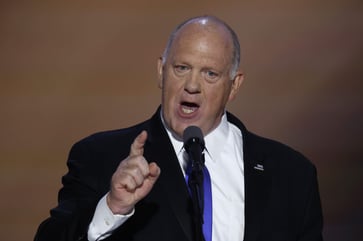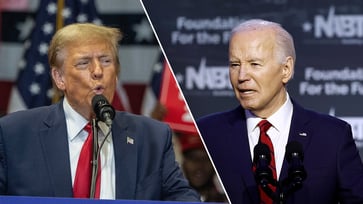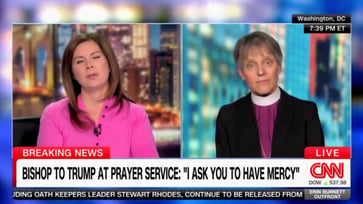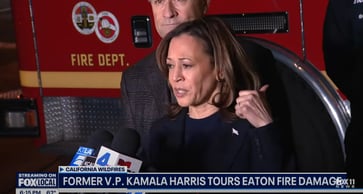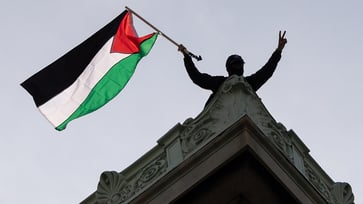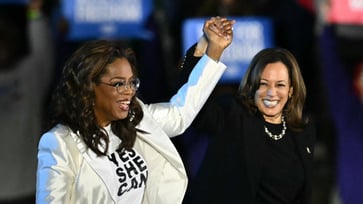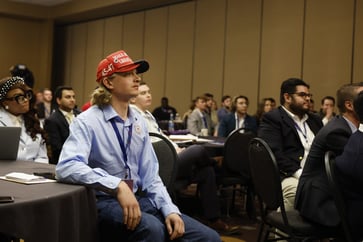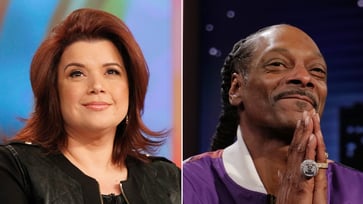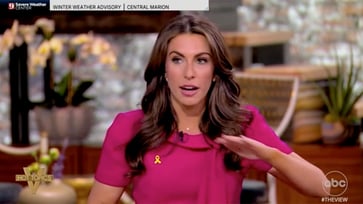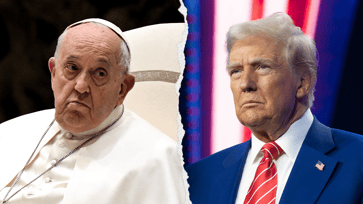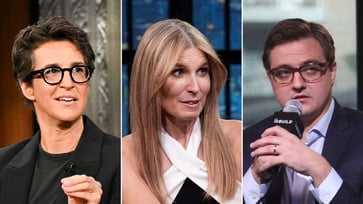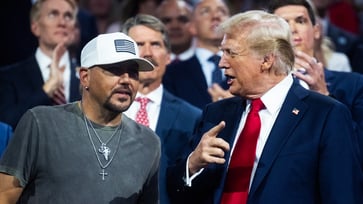Harvard president privately conveys to faculty the need for a reevaluation of messaging following the GOP victory.
According to reports, Harvard president Alan M. Garber characterized the election results as a "rejection of the elite by the American electorate."
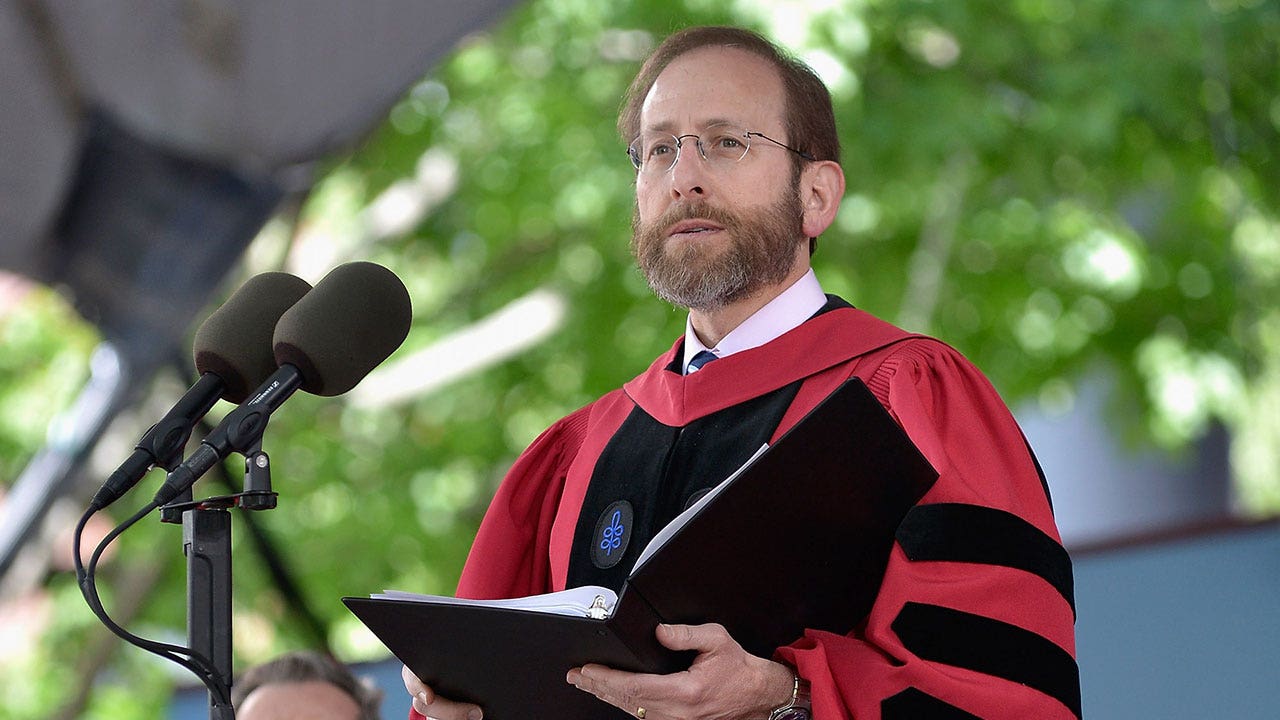
According to reports, Harvard University president Alan M. Garber advised faculty to reassess their communication strategy after the Republican Party's victories in the elections.
The Harvard Crimson reported that Garber described the sour mood in Washington, D.C. regarding higher education as the single greatest threat to the university in recent memory.
According to three anonymous faculty members, during a closed-door session of the Faculty of Arts and Sciences on Dec. 3, Garber admitted that he has met with roughly 40 members of Congress during his six trips to Washington. He reportedly acknowledged that there are "bipartisan frustrations with Harvard and admitted that he believes the criticisms contain elements of truth," according to the Crimson.
Last month's election results were viewed by Garber as an "anti-elite repudiation by the American electorate," and he urged Harvard to listen to public criticism with "empathy and humility."

Although Harvard's leaders initially believed that their communications strategy would be successful, it has not worked as well as expected. However, Garber did not disclose any information on how Harvard plans to adjust its messaging in the future.
The Crimson reported that Garber's conciliatory tone indicates he plans to adopt a diplomatic approach instead of a defiant one while interacting with the incoming presidential administration, which has Harvard in its sights.
A Harvard spokesperson, Jason A. Newton, stated that the University will continue to advocate for the partnership between the government and universities that supports students, research, innovation, economic growth, and health and wellbeing.
During the meeting, Paul Andrew, vice president for public affairs and communications at Harvard, reportedly outlined the key legislative threats that he believes Harvard faces, including the endowment tax, congressional investigations, and potential cuts to federal research funding.
This week, Trump appointed Harmeet K. Dhillon to head the Justice Department's civil rights division. However, due to her vocal opposition to Ivy League schools' inadequate efforts to combat antisemitism, institutions like Harvard are wary of the administration's potential policies.

Dr. Jay Bhattacharya, Trump's nominee for head of the National Institutes of Health, is considering tying a university's research grant chances to an academic freedom ranking on campus, according to the Wall Street Journal.
For the second year in a row, Harvard University was ranked last among 251 colleges and universities in terms of free speech climate, according to a survey conducted by the Foundation for Individual Rights and Expression (FIRE).
In January 2024, Claudine Gay resigned as Harvard president after a scandal involving comments about antisemitism and plagiarism allegations, and was replaced by Garber.
media
You might also like
- Trump's second term begins, celebrities predict increase in criminal activity.
- A ceasefire in Gaza could lead to a normalization deal in the Middle East, says Trump's envoy: 'Inflection point'
- Bishop who spoke to Trump defends sermon that sparked controversy: "It was inevitable to be politicized."
- Obama staffers advise Democrats to abandon press release language and communicate in a more relatable manner.
- Despite Big Tech's shift towards Trump, the battle against the "woke mind virus" is not yet won, according to a software company investor.
